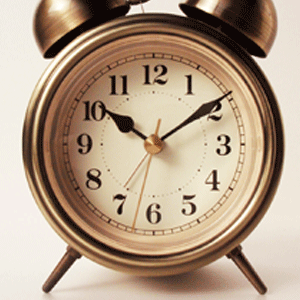EDITORIAL
Year in and year out, daylight saving time seems to have awful timing.
This grand American tradition (minus the progressive states Arizona and Hawaii) ticks toward us just as we are getting acclimated to the last idiotic time change. When we lose an hour of sleep, we spring ahead into a brick wall of drowsiness. Piloted by lethargy, our work suffers and we inevitably snap at loved ones, fraying relationships with family and friends.
Or the results can be less dramatic, perhaps. Losing an hour of sleep certainly darkens the mood—maybe it leads to poor dietary choices that day. Instead of a heart-healthy breakfast, the lack of sleep could push us toward the greasy trap of McDonald’s, washed down by lunch with that Kentucky Fried Colonel.
Why do we even change the clocks at all? Ask a random person and they’re likely to say, “Uh, it’s for the farmers, right?” or “It’s got to be because of the war.” More than likely, it was started in order to save energy. But with the amount of air conditioning power burned by Americans during the summer months, could the amount of energy saved by delaying the use of indoor light—especially with the new high-efficiency bulbs—really be all that significant?
And if it’s about saving energy, why fall back in the autumn? That sort or nonsensical planning makes one seriously consider the possibility of an underlying government conspiracy.
In reality, the original reason for the creation of daylight saving time is irrelevant. What’s truly important is abolishing this foolhardy endeavor and returning to a sense of sanity when it comes to time. When the clocks change—again—on Sunday, March 8, let’s just leave the hours alone. I’m sure we will find a way to function without the excitement of this irritating twice-annual event.
—Steve Mosco



































